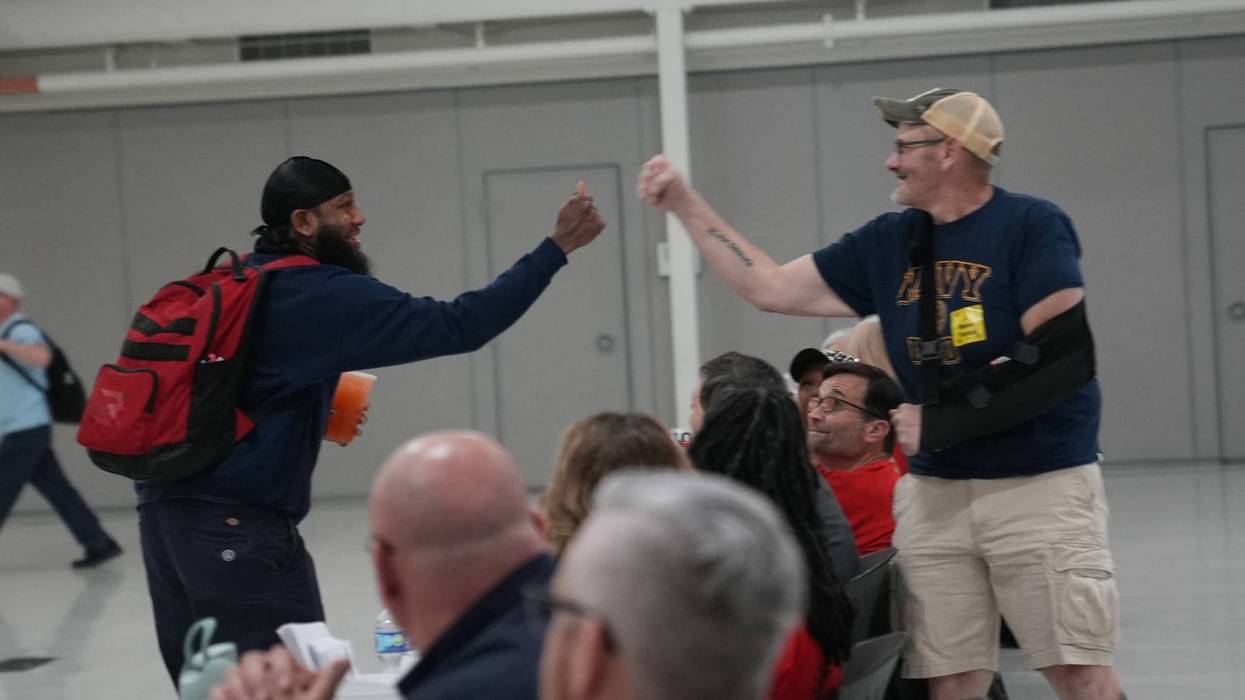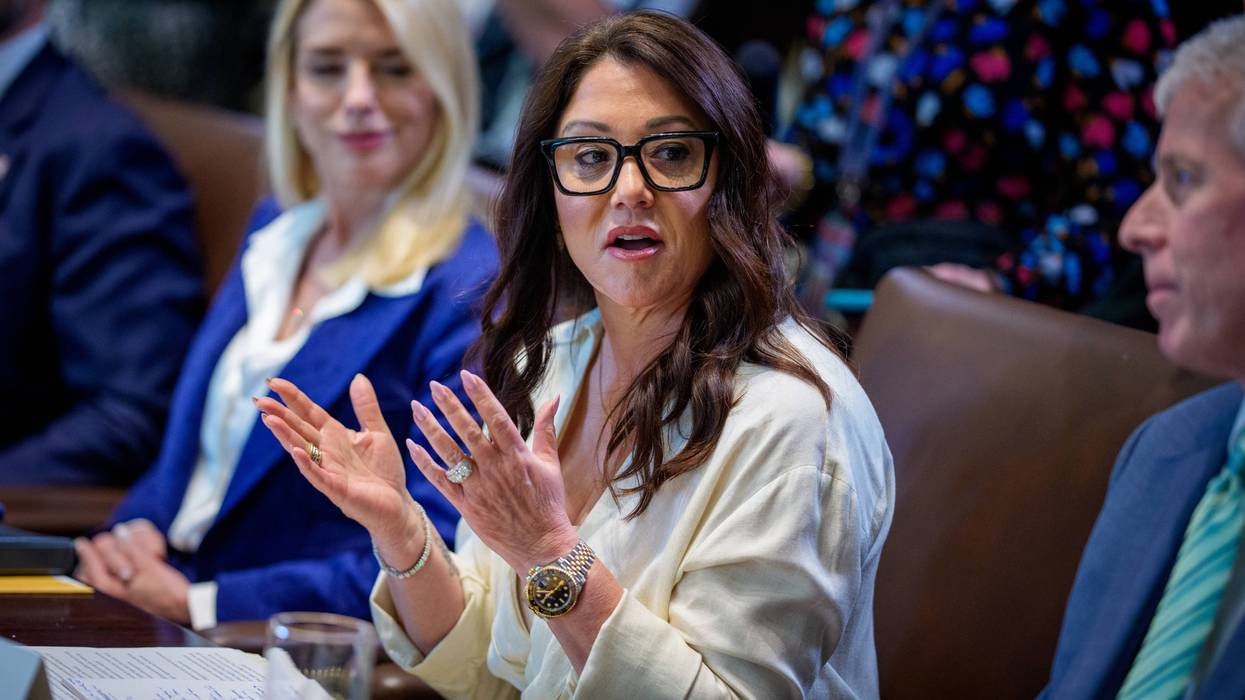‘Historic Victory’: Volkswagen Workers Ratify First Union Contract at Southern Auto Plant
"Southern autoworkers are standing up, and I expect many more to follow Volkswagen’s lead," said the director of United Auto Workers Region8.
Organized labor scored a massive win in the US South on Thursday as Volkswagen workers in Chattanooga, Tennessee voted with 96% support to ratify their first union contract, a four-year deal that includes significant wage increases, reduced healthcare costs, and stronger job-security protections.
The contract ratification vote came nearly two years after the Chattanooga Volkswagen workers voted overwhelmingly to join the United Auto Workers (UAW), which called the vote a "historic victory." The UAW is leading a concerted effort to unionize workplaces in the South, where so-called "right-to-work" laws and Republican-controlled governments' hostility to labor have made organizing extremely difficult.
"Southern autoworkers are standing up, and I expect many more to follow Volkswagen’s lead,” said Tim Smith, director of UAW Region 8, following the contract vote. “Workers are done being left behind, and VW is just the first step towards justice for autoworkers everywhere. Who are we? U-A-W!”
Shawn Fain, the UAW's president, said that Volkswagen workers have "moved yet another mountain."
“From having the courage to stand up and form their union, to having the backbone to authorize a strike and hold out for a contract that honors their worth, VW workers are leading the way for the entire labor movement and non-union autoworkers everywhere," said Fain. "Welcome to the UAW family."
The union victory at the German automaker's lone active manufacturing plant in the US was seen as a critical breakthrough for Southern organizing efforts. The AFL-CIO, the largest labor federation in the US, called the Volkswagen contract vote "an inspiring and historic milestone for working people in the South."
The UAW's bargaining committee at the Chattanooga plant celebrated the win but stressed that ratification is just the first step.
"The next step is enforcing it," the committee said. "The strongest way to make sure every raise is paid, management follows every safety rule, and every right is respected is simple: Become a member. Membership means collective strength. Membership means protection. Membership means that when the contract is tested—and it will be—workers stand united and ready to defend what they fought to win."


